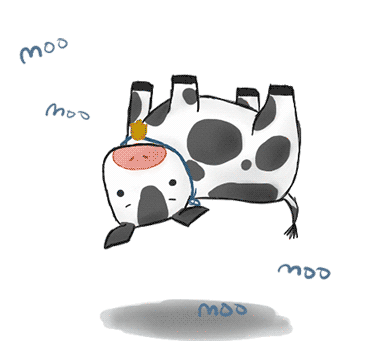
École Polytechnique Fédérale de Lausanne

We collaborated with École Polytechnique Fédérale de Lausanne in Switzerland to test our Erythromycin biosensor to test its viability in a cell-free system. In-vitro protein expression is the production of recombinant proteins in cell lysate using biomolecular translation machinery. Two basic components of are needed to accomplish cell-free synthesis: (1) the genetic template, the pJKR-H-mphR plasmid (our erythromycin biosensor) and (2) reaction solution containing transcriptional and translational machinery and enzymes. After establishing that the presence of a dose-response relationship exists in the inducible gene control system in pJKR-H-mphR plasmid through in-vivo testing in DH5-alpha cells in the lab, we sought to test out system in a cell-free environment. Given that, in general, extracts for cell-free systems are engineered from systems that are known to support high level protein synthesis, they might support a system in which the level of readout protein, either sfGFP or AmilCP, production is proportional to the concentration of inducer that the sensor is exposed to. In contrast, Dh5-Alpha cells may not be sufficiently protease deficient, resulting in progressive degradation of sfGFP or AmilCP over the course of an experiment, producing inconsistent results.











